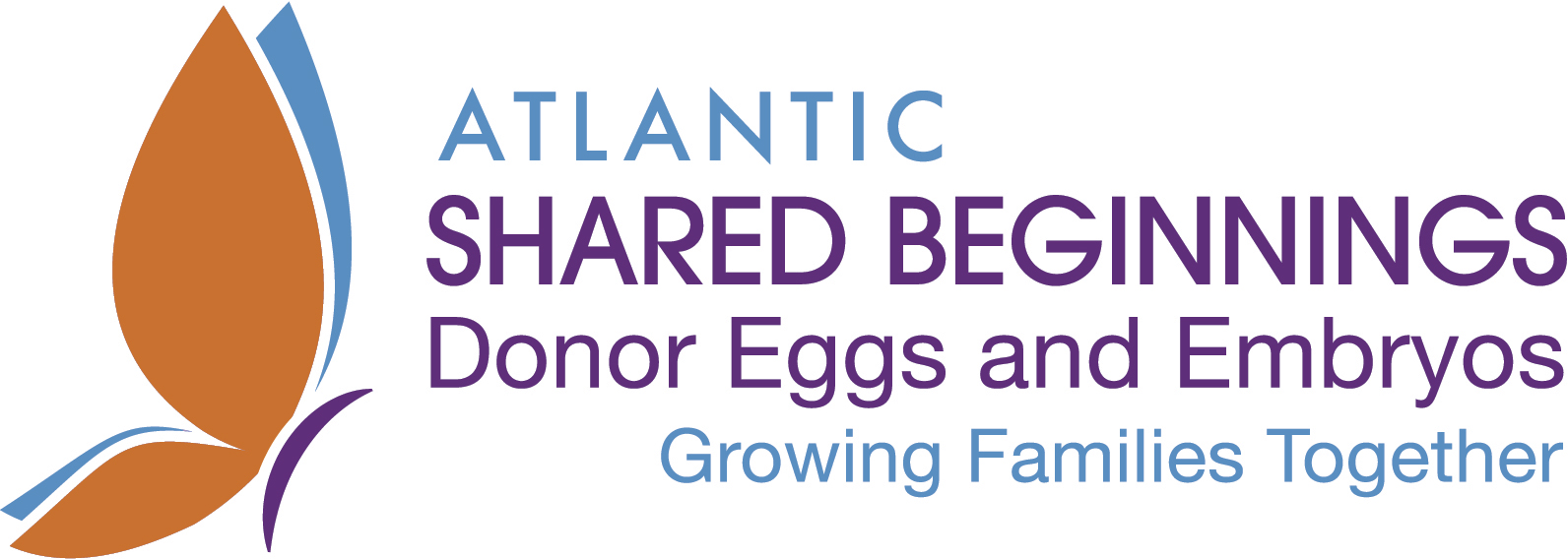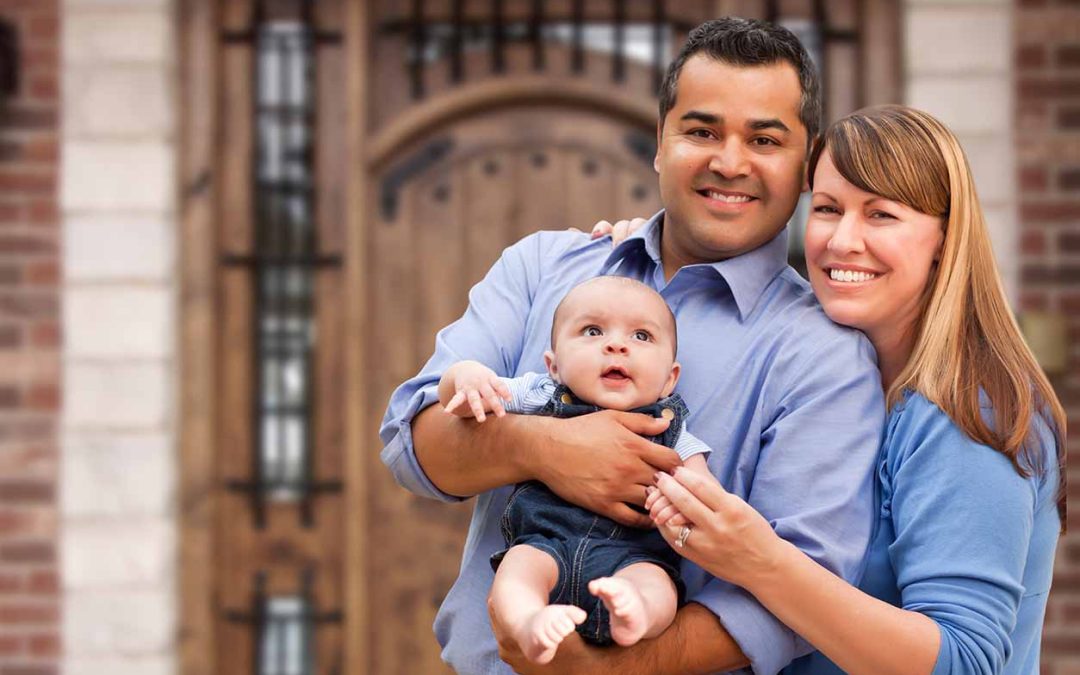If you have been undergoing IVF (in vitro fertilization) treatments and have not yet successfully conceived, you may be asking whether you should continue trying with your own eggs or consider using donor eggs.
For most women and couples, answering this question raises even more questions and complexities. Yet, it is an important conversation to have and to include your fertility provider in so that you can get the guidance and support necessary to help you move forward.
Key Points:
- There are reasons couples undergoing IVF have to consider donor eggs such as a woman may no longer be producing eggs or her eggs are no longer viable.
- There are other reasons that are not as clear cut, including advanced maternal age, inheritable diseases, and multiple-failed IVF treatments, among others.
- The decision to choose donor eggs is often complex, personal, and difficult. It is best made with the guidance of a fertility specialist.
- Once the decision to move to donor eggs is made, individuals often feel a huge sense of relief that they can now move forward knowing their chances of conception have increased a great deal.
Why Do Some Individuals Have to Opt for Donor Eggs?
The need to consider donor eggs is sometimes, unfortunately, decided for many women when they are no longer producing eggs or their eggs are no longer viable. This can be a very tough moment. However, it can also be a moment of relief for some women knowing that their path forward is suddenly made very clear: if they want to carry a baby themselves, they will need to use donor eggs. If this is where you are, you, too, may also experience an eagerness to move forward with donor eggs.
Other reasons individuals might be advised to consider using donor eggs:
- Advanced maternal age (AMA)
- Presence of an inheritable disease
- Multiple failed IVF cycles
- Ovarian failure
- Low/failed ovarian stimulation response
- Missing or removed ovaries
- Diminished ovarian reserve (DOR)
- Damage due to chemotherapy or radiation therapy
- Medical disorders
- Premature menopause
- Financial budget
While some of the reasons noted above are very decisive, such as premature menopause, other reasons depend on one’s comfort level with certain risk factors, such as presence of inheritable disease.
Consult a Fertility Specialist
The decision to consider donor eggs is something a patient might feel comfortable deciding on her own or as a couple, but most people seek the careful counsel and expertise of their fertility specialist provider.
For example, if advanced maternal age is of concern, a patient may want to discuss the odds of risk for birth defects or birth complications with a medical expert before making a final decision about using their own eggs or donor eggs. With concern about inheritable diseases, an individual might want to know which diseases have a much higher likelihood of being passed down than others.
One might want to discuss with their fertility provider how low an ovarian stimulation response has to be before it is considered too low to have a viable chance at pregnancy. These are all important questions that a fertility specialist can discuss, answer, and guide a patient through.
Why Might Someone Choose to Use Donor Eggs Even if One’s Eggs Might be Viable?
Even if your body is still producing eggs, there are other considerations that may create your interest in donor eggs. For example, an individual might be older than 35, and the person’s ovaries are producing a low number of eggs, resulting in a lower chance of pregnancy success or a much longer time horizon for possible success.
Or, if you are producing only 1-2 blastocysts with each IVF cycle, you understand and are grappling with the lower odds of a successful pregnancy.
In these examples, the considerations then become how much time, money, and physical/emotional/mental energy you are willing to continue investing and for how long to use your own eggs?
Some couples do the calculations and decide that they would rather have a baby in their arms in a shorter amount of time and with less of the emotional, physical, and financial costs involved with each round of IVF. For other couples, the desire to have a child with their own DNA is what is most important.
The decision to consider donor eggs is very personal and can be very emotional. If you have had your heart set on getting pregnant with your own eggs, it may take some time and counsel to adjust to the idea of donor eggs, and you should give yourself and your partner that time.
Building Families Together with Donor Eggs
If you have made the decision to move to donor eggs and feel a sense of relief, that is understandable as your chance of pregnancy success improves greatly with this decision and can even result in renewed hope and enthusiasm.
Here at Atlantic Shared Beginnings in Raleigh, North Carolina, we provide the knowledge and support our clients need for their unique fertility journey. Your health, well-being, and safety will always be at the heart of everything we do. If you are considering donor eggs, we are here to answer your questions and listen. Call us for a free consultation.

